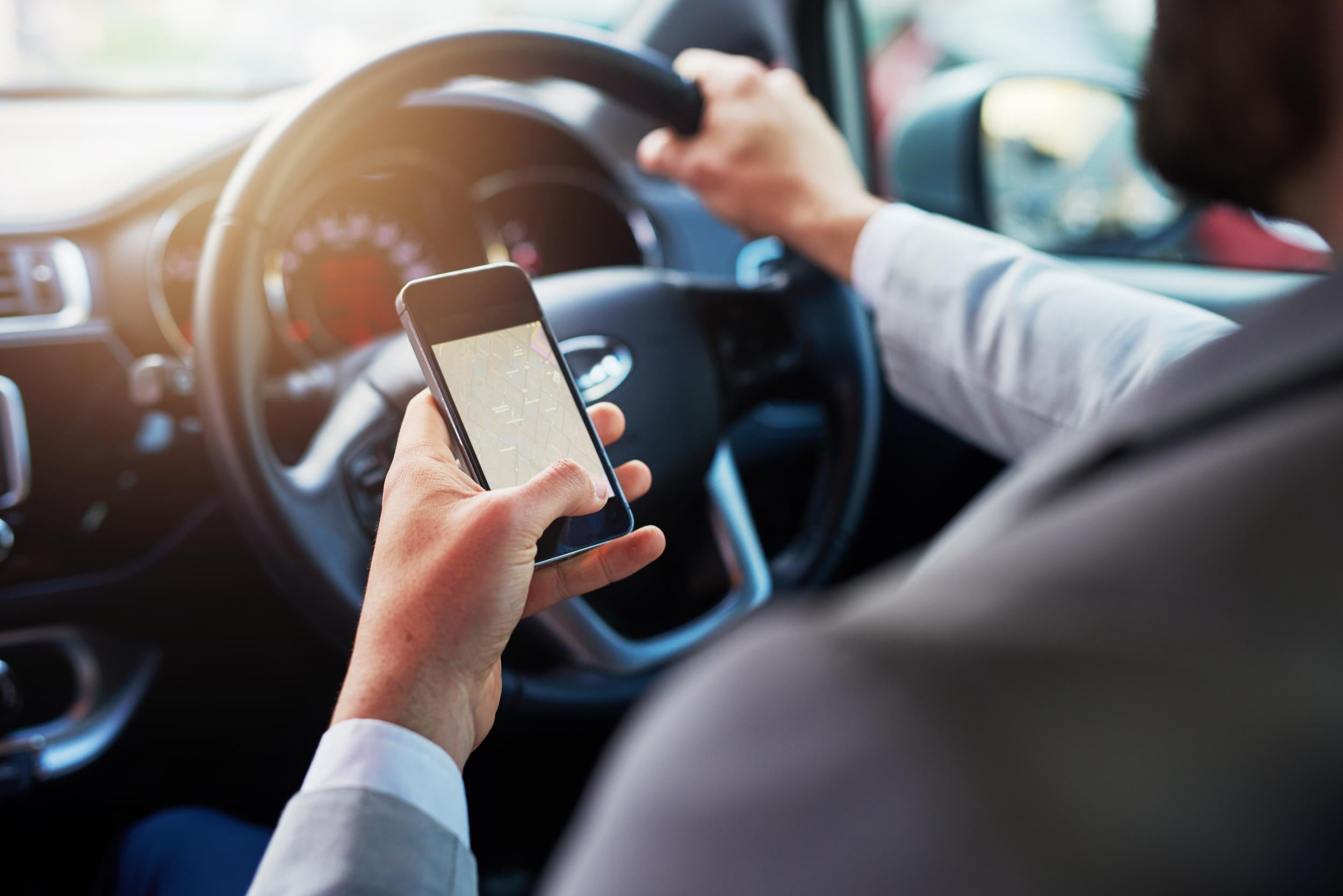The British are a nation of bad drivers
Despite the lowest level of road fatalities on record, our habits when behind the wheel need some serious attention when it comes to improving our safety, reports Sean O’Grady

Allowing for a certain amount of deception and self-deception, British drivers seem remarkably willing to own up to their bad driving habits.
A survey by YouGov on behalf of insurance company Swinton reveals the scale of the dangerous bad habits British drivers are prone to. More than a third, for example, confess to breaking the speed limit on a motorway (70mph), and a quarter also admit to speeding in a built-up area. Such streets and roads are more likely to see accidents than motorways. Almost a sixth (14 per cent) said they had driven to work dangerously in bad weather, for example by speeding or overtaking in icy or foggy conditions.
It demonstrates the work that still has to be done in improving safety awareness and driving skills. Overall, the trend in injuries from road traffic accidents is down on, say, five or 10 years ago – but the pace of improvement is beginning to plateau out. Even today, with advances in vehicle technology such as automatic braking and blind spot monitoring, there were 1,793 reported road deaths in 2017, according to the Office for National Statistics. There was a total of 170,993 casualties of all severities in reported road traffic accidents in 2017. This is 6 per cent lower than in 2016 and is the lowest level on record, but again still a substantial figure, with much misery and suffering behind the stats.
Generally, and contrary to some old sexist stereotypes, men are worse drivers than women and young men the worst of all. Nearly twice as many men admit breaking the law by using a device, such as their phone to send texts or to programme their satnav, while driving – almost one in 10 (9 per cent), compared to one in 20 women (5 per cent). (Anyone caught using mobile phones or tablets behind the wheel face a fine of £200 and six points on their licence.)
Younger drivers are also more likely to break the rules, with 21 per cent of 18-24-year-olds admitting to driving dangerously to work in bad weather, compared to just 9 per cent of drivers over 55 confessing to this. (The minimum penalty for speeding is a £100 fine and three penalty points added to your licence.)
Mike McGrail, senior product manager at Swinton Insurance, commented: “Whether we’re commuting to work or picking up the kids from school, most of us spend time on the road, so it’s important to be as safe as possible.
“The key to safe driving is planning ahead. Setting off in plenty of time can really make a difference to the way you feel behind the wheel – the last thing you want to do is feel under pressure when you start your journey. Poor planning can lead to bad habits like speeding and using your phone to tell someone you’re running late – both of which are not only dangerous but also against the law.”
All figures, unless otherwise stated, are from YouGov Plc. Total online weighted sample size was 2,021 adults, of which 1,521 drove a car and their answers are the ones quoted
Join our commenting forum
Join thought-provoking conversations, follow other Independent readers and see their replies
Comments
Bookmark popover
Removed from bookmarks